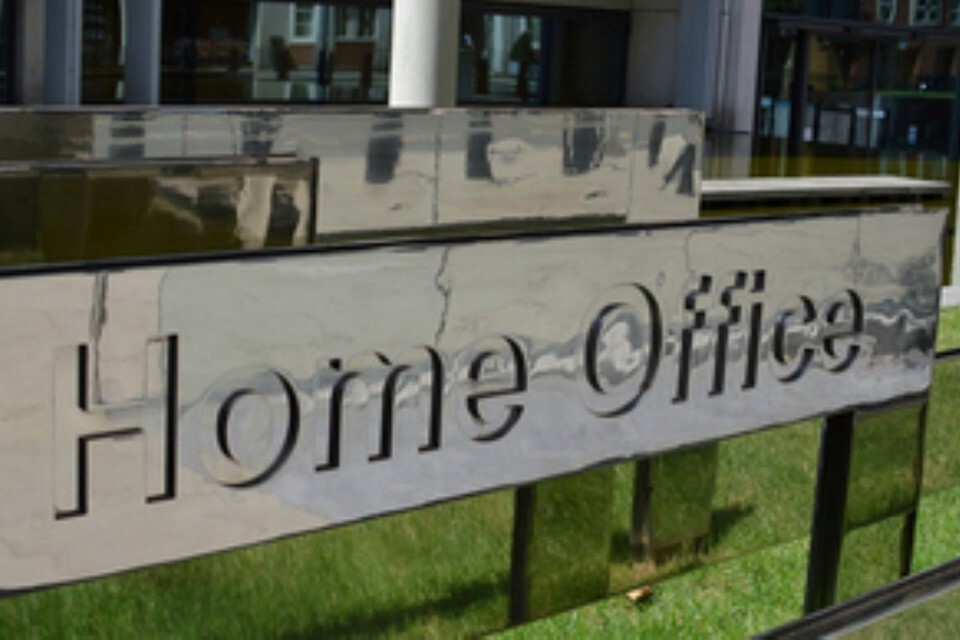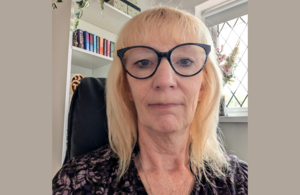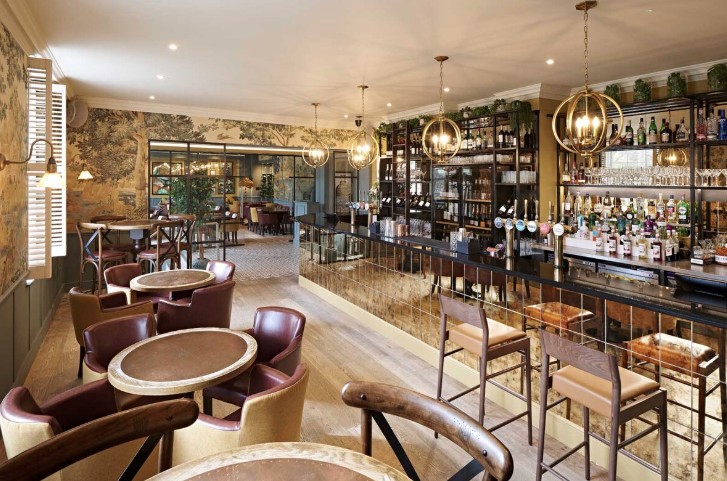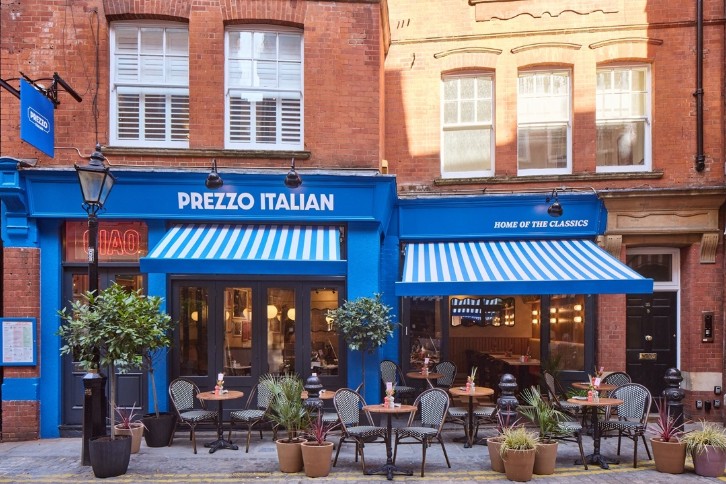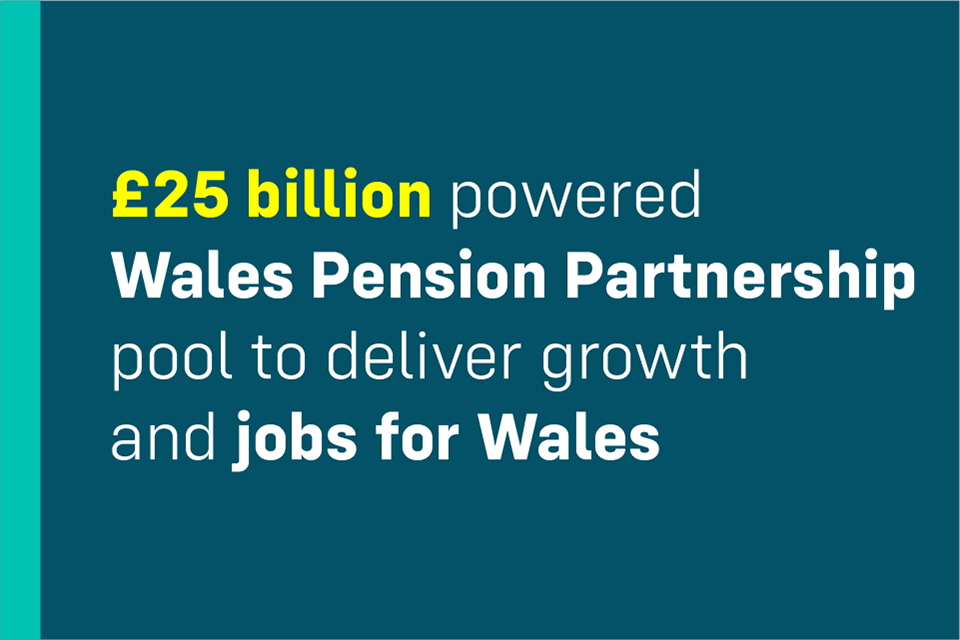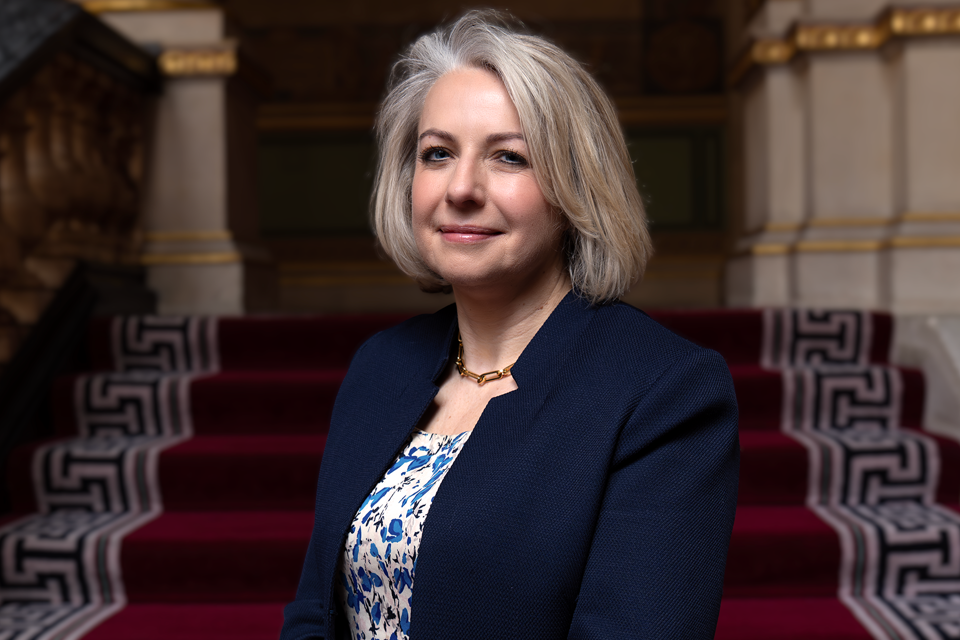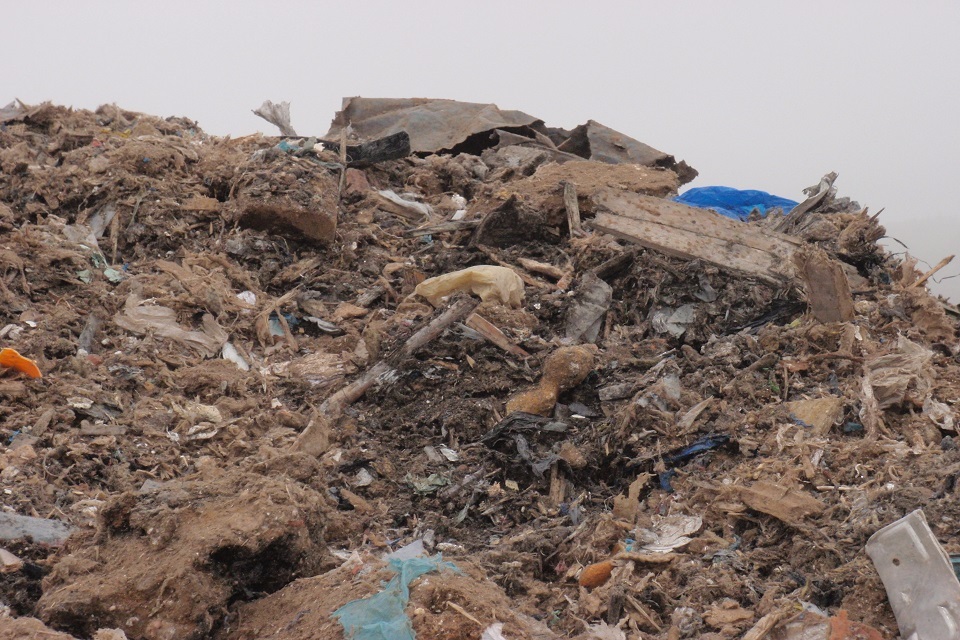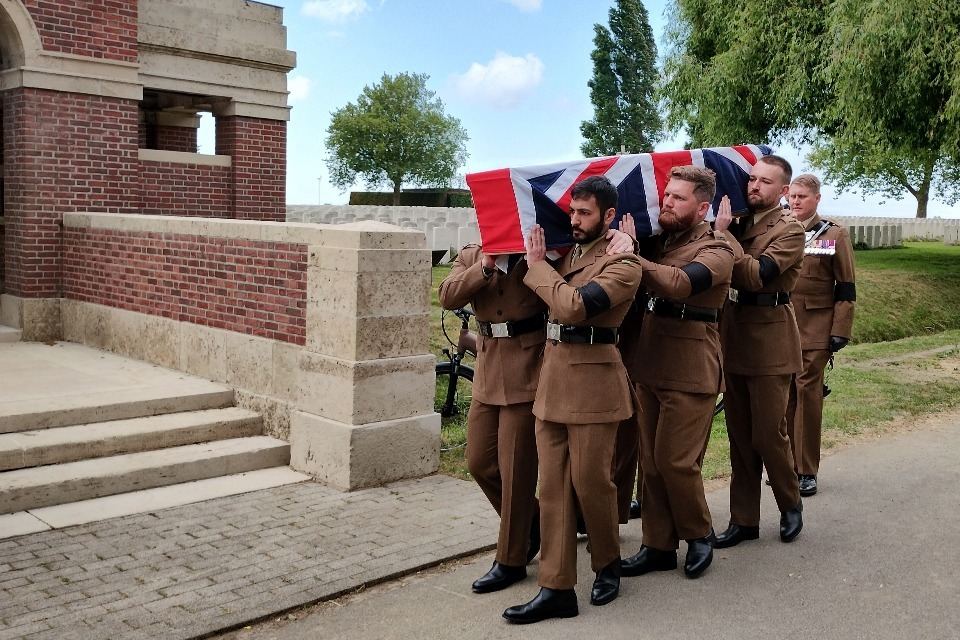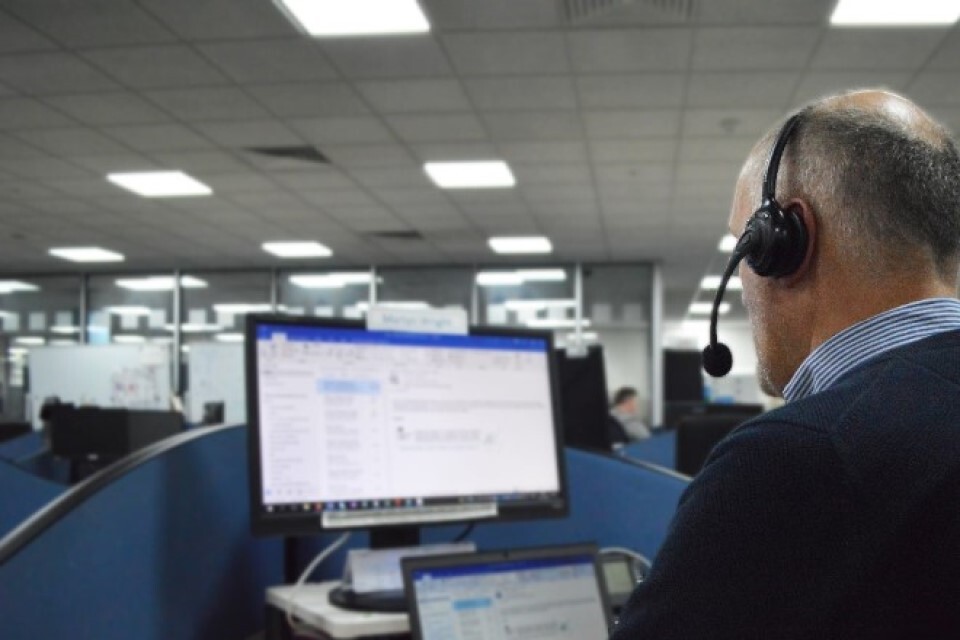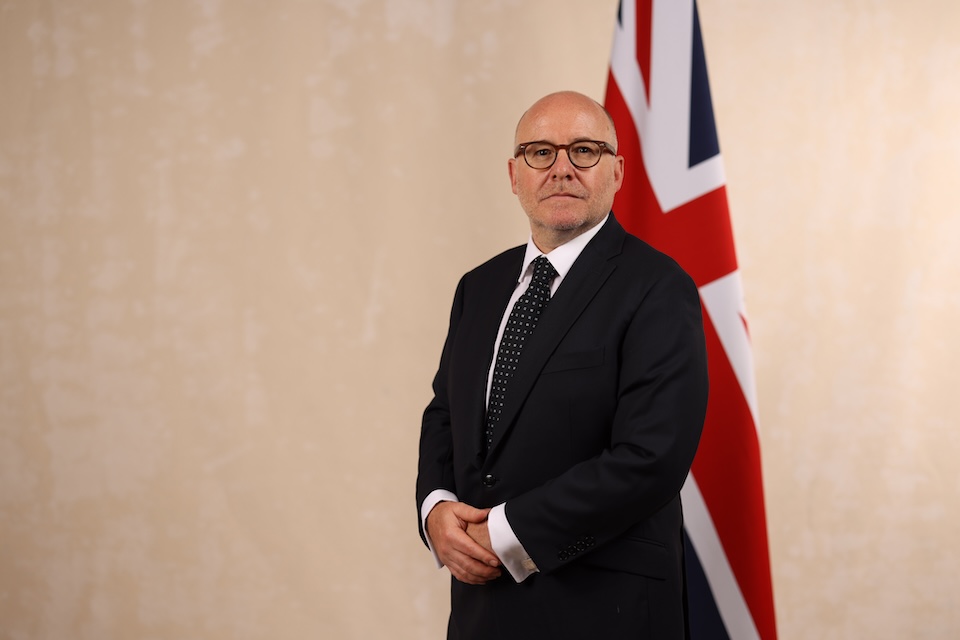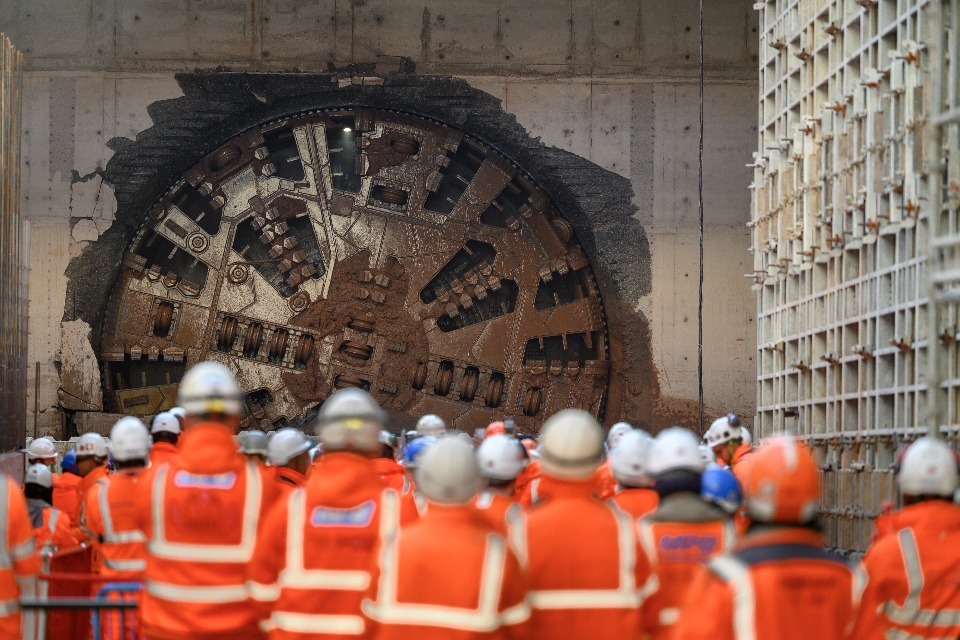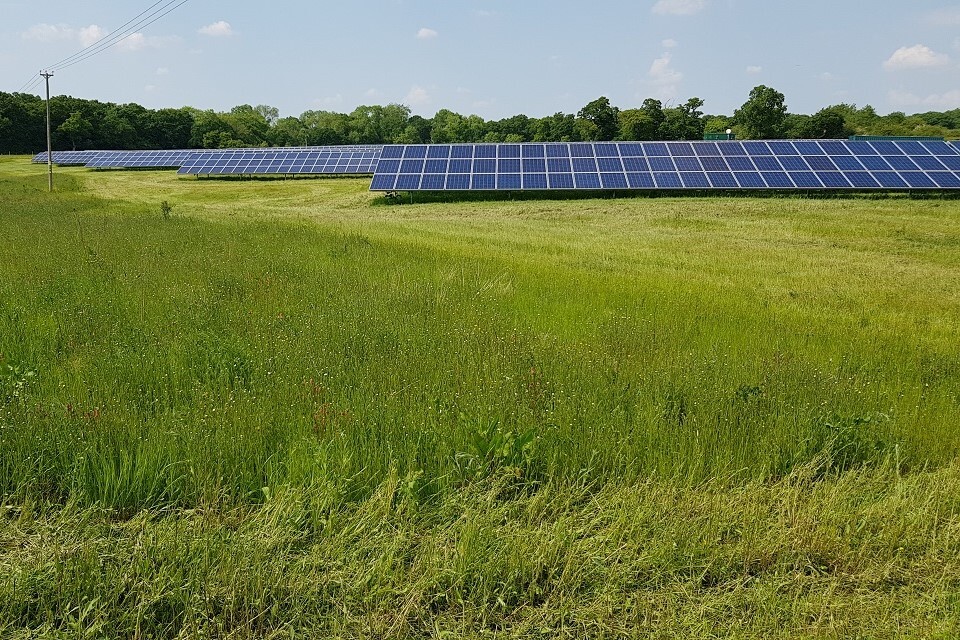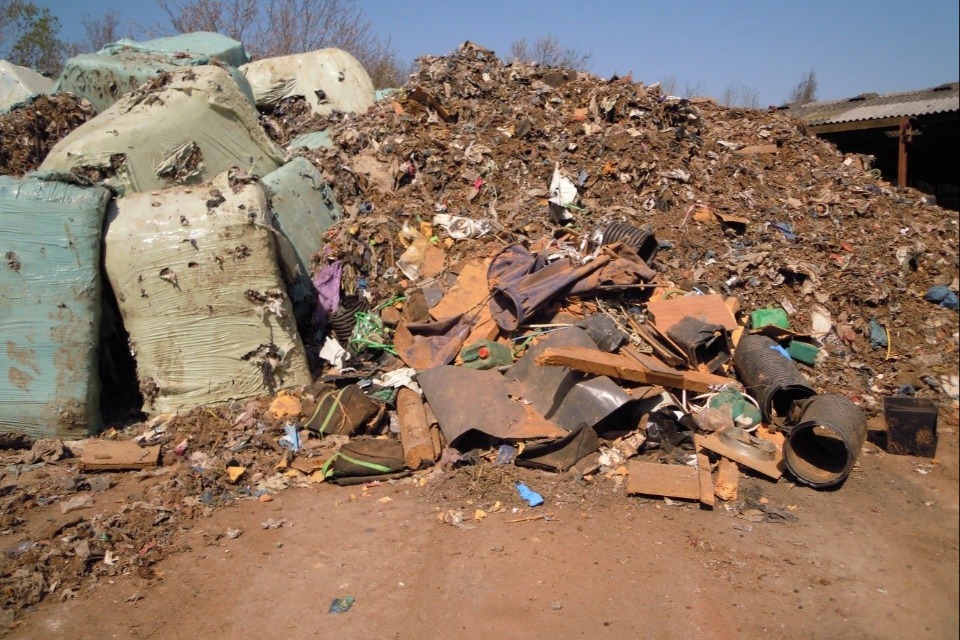What's On
The Prime Minister's remarks at today's press conference in Kyiv.
Going Out
I know it’s pretty hard to imagine right now, but…
Reviews
BWH Hotels has added seven independent hotels to their portfolio…
Latest Articles
If you’re looking for a pair of futurefacing wireless noisecancelling headphones, they don’t get more advanced than the…
From the moment my boyfriend and I arrived, everything about the experience felt special, starting with the warm…
Biggest ever Welsh pension fund to be established with £25 billion pooled into a new investment company that…
If you’ve ever dreamt of adding ‘exhibition curator’ to your CV; we come bearing an opportunity that may…
The work has been valued at £10.2 million The export bar will allow time for a UK gallery…
Mrs Sarah Hulton OBE has been appointed His Majesty’s Ambassador to the Republic of the Philippines and His…
The Prime Minister met Prime Minister Jonas Gahr Støre of Norway this afternoon onboard a Norwegian coastguard vessel.
Jovarn Esterine (18), from Wolverhampton, has had his sentence increased by two years after the Solicitor General Lucy…
In Spotlight
Updates to this page Published 1 November 2018 Last updated…




